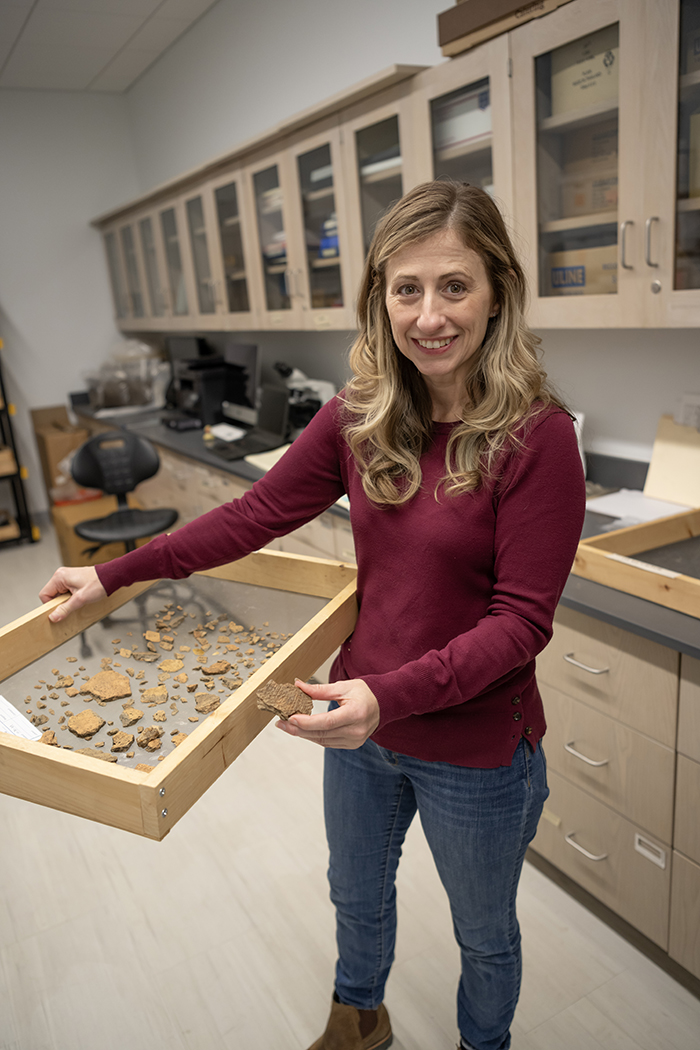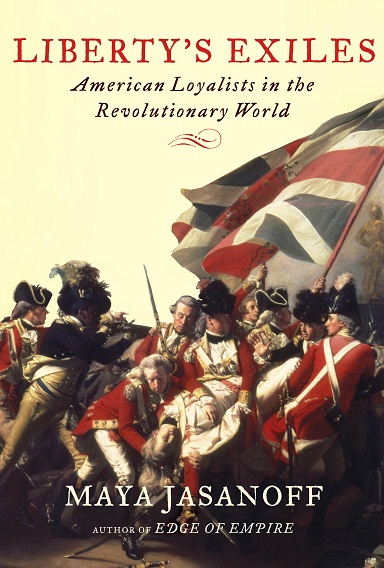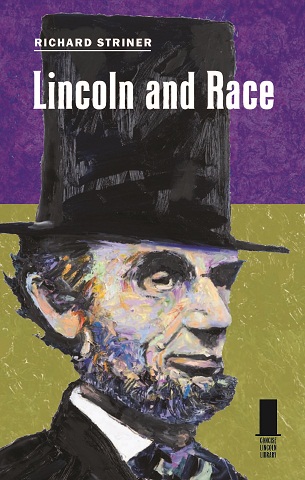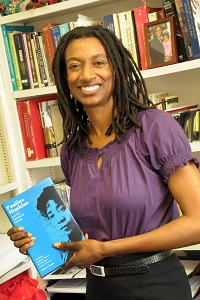
Dr. Julie Markin
Dr. Markin’s project unites archaeological data with geographic information, environmental reconstruction and historical accounts, with the goal of developing a more robust database from which to ask questions about the nature and complexity of civilizations on the Chesapeake Bay’s Eastern Shore, an area that has historically received less study and attention than its counterpart chiefdoms across the Bay.










